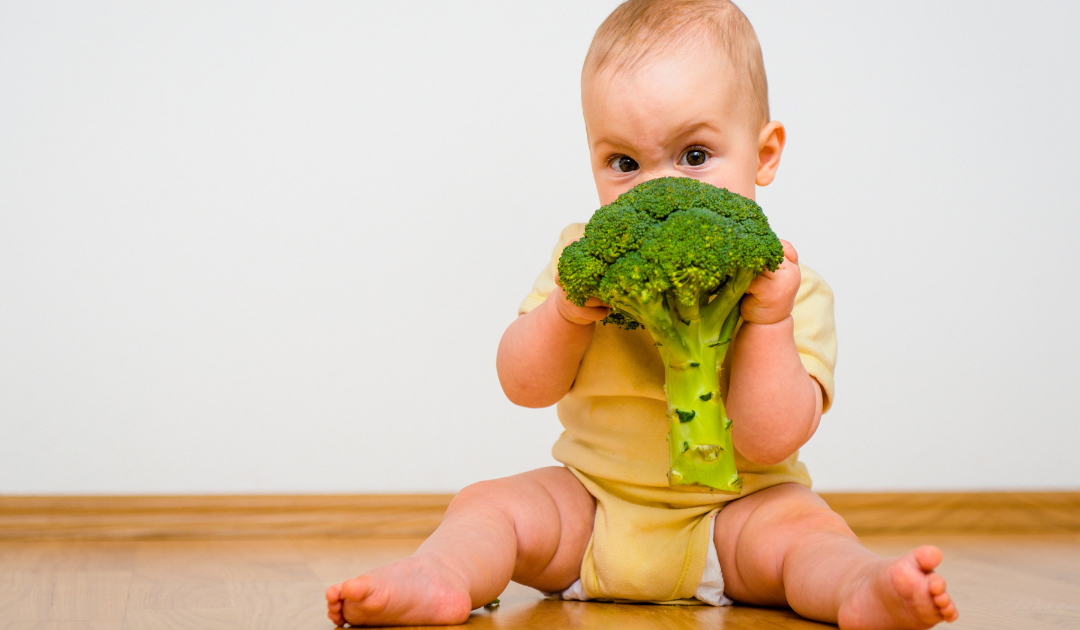The reflection you see in the mirror may seem straightforward for a quick passing. “Good hair day,” “bad hair day,” “looking good,” “just not feeling it.” But, in truth, what you see is more than visual. It’s deeper and more complex than that.
Your “acceptance” or “rejection” of a moment’s reflection in a mirror is really about your acceptance or rejection of what lies within you.
Approval? Disapproval? Love? Shame?
Strategies for improving body image can help you clarify these messages from within. And they can ultimately help you break free from the ones that don’t honor your inherent beauty and worth.
These strategies, however, are not easy. There is no magic bullet when it comes to matters of health, whether that be of the body, mind, or spirit.
The good news is that you can improve body image. And you don’t need to change your body or use toxic positivity to do so.
Body image is a relationship. In fact, it’s among the most important relationships you’ll ever have.
Body image is the relationship you have with your own body and includes thoughts, feelings, behaviors, perceptions, and culture.
If your body image is negative, you can’t feel good about yourself as a person.
The same is true the other way around: If you don’t appreciate yourself as a person, you’ll probably have lousy body image.
A negative perception of your own body inevitably expands to other aspects of life.
Strategies for improving body image are not an all-or-none deal. To go from hating to loving your body is unrealistic, especially in Diet Culture (which is basically all of Western culture).
Improving body image doesn’t necessarily mean changing or loving your body.
The most common approaches to improving body image don’t work.
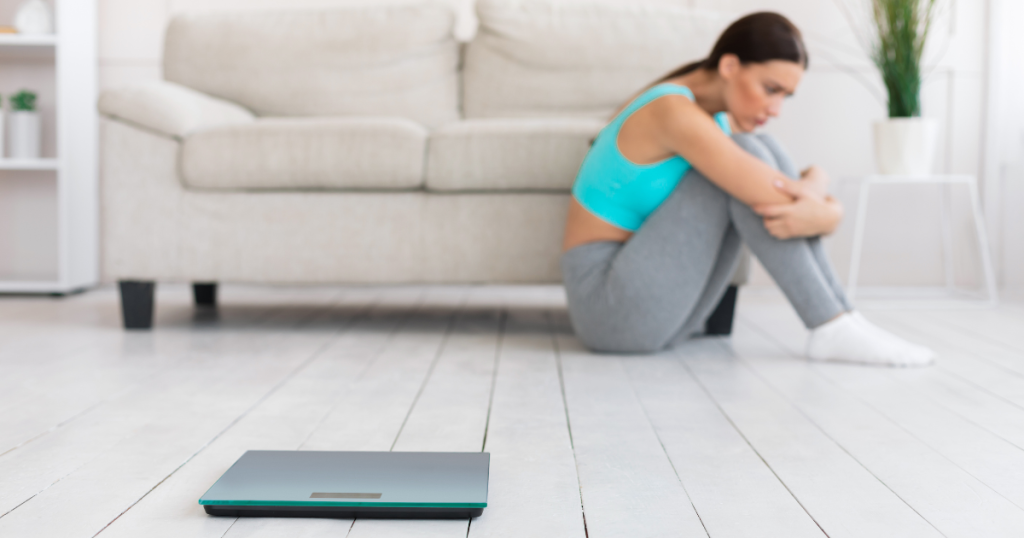
Why? Because they are predicated on being at war with your own body.
Dieting and weight loss will not improve your relationship with your body. That’s because improving body image is about more than making your body into what Diet Culture says you should look like.
So let’s say that one more time: Dieting and weight loss will not improve your relationship with your body.
Improving body image is so much easier said than done. (Thanks, Diet Culture.)
The reality is that Diet Culture will try its hardest to seduce you back into the land of false promises. “Your body is the problem. And, if you just ‘fix’ your body by losing weight, you’ll have a better body image. ‘Fix’ your body, love your body.”
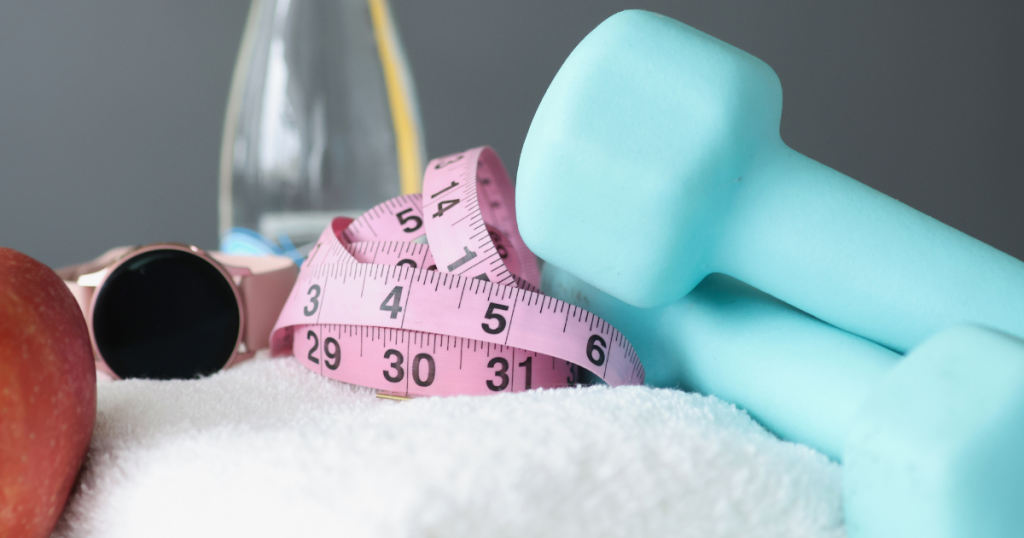
That’s the empty promise of Diet Culture.
When you realize that trying to shrink your body size doesn’t work (i.e. diets fail, and changing your body doesn’t lead to long-term happiness or fulfillment), accepting reality becomes easier.
And, once you can accept reality and “be” with “what is,” you can move forward.
Here is the truth: Weight loss or manipulation of your body into a smaller size or shape by some other means is not going to heal body image problems.
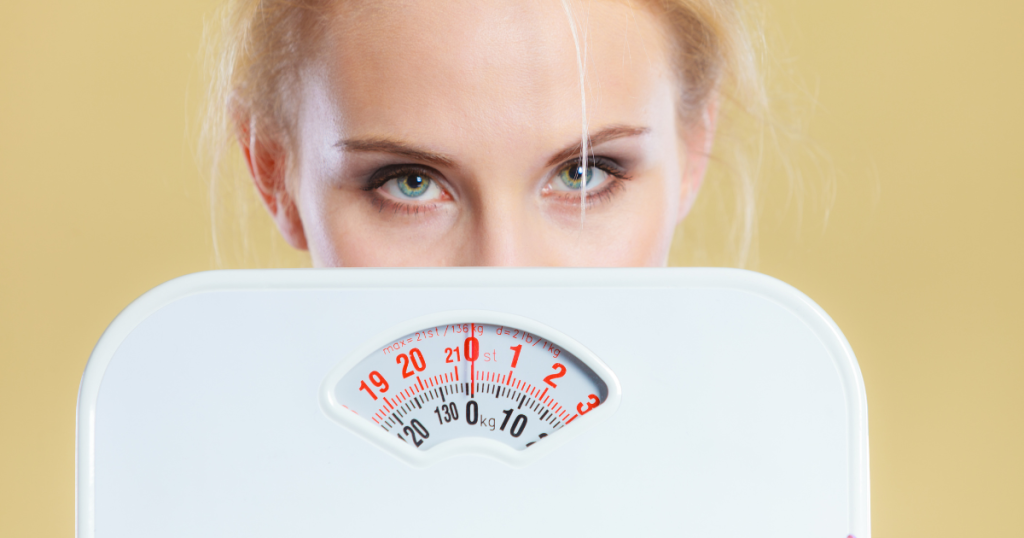
Why? Because your body is not the problem.
The problem isn’t a world populated by bodies of different genders, races, sizes, and abilities.The problem is the system that marginalizes them and demands they change.
It must be more inclusive. Otherwise it’s incomplete.
Body positivity, as liberating as it sounds at first, can become toxic because it still emphasizes physical appearance more than your body’s functionality and dignity.
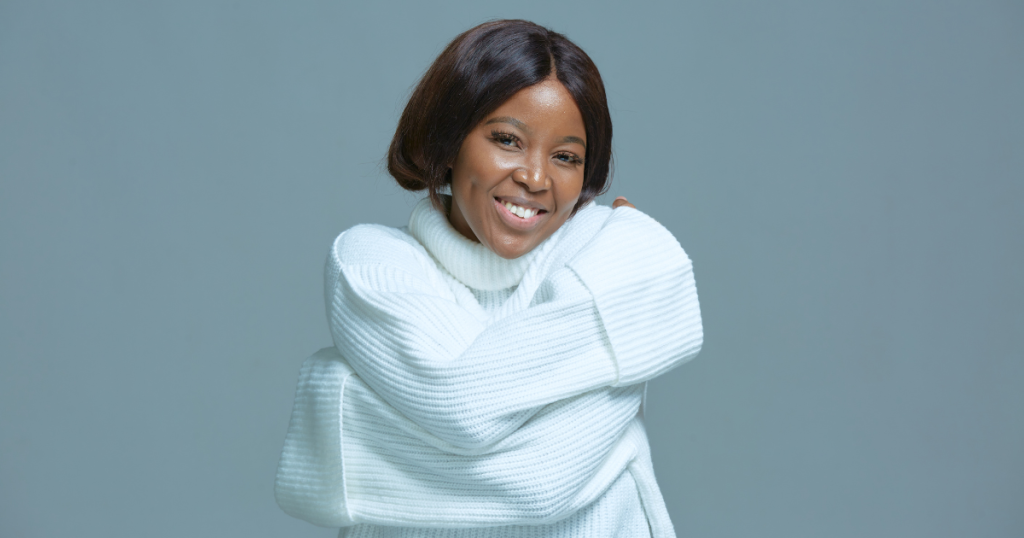
Truly living in a body – through taste, breath, touch, mobility, eating, and aging – is about so much more than just how you look in your body.
Social media and other technology burden us with tendencies to compare our bodies with other people’s.
Methods/considerations for improving body image:
1. Start where you are on the body image continuum.
No need to feel daunted. You can go at your own pace as you travel the body image continuum.
By applying the philosophy of the continuum, improved body image will present as body respect, body neutrality, body acceptance, body trust, and ultimately body love.
Even if body love seems out of reach, keep it in mind as a possible goal.
Unfortunately, the body image continuum exists within entrenched systems of oppression, also known as Diet Culture.
Diet Culture has to be dismantled in order to collectively improve body image.
As an individual, you have some agency when it comes to systemic change. Finding resources and methods to challenge the “ism’s” of Diet Culture is difficult. But it’s possible, especially as a community.
According to the body image-continuum approach, improving body image starts with body respect.
Body respect is the first step in improving body image.
You don’t have to love your body or even like how it looks. But you can always choose to treat it with respect.

No matter how you feel about your body, it has been there for you and with you since you were born. Nothing you’ve done or accomplished would have been possible without your body.
That alone warrants respect.
In practice, body respect means listening to and fulfilling the needs of your body. It means purposely not doing anything harmful to your body such as restriction, overexercising, dieting, or purging.
In short, body respect means giving your body what it needs…and protecting it as you would your own child.
Body neutrality is the second step in improving body image.
In this phase, you accept your body as it is. You recognize you’re ‘enough’ and not ‘too much.’
You also accept that you can live your life without a strong emphasis on your body’s appearance.
Body neutrality is …..
- falling asleep thinking about things other than your body and what you’ll do tomorrow to lose weight.
- freedom from obsession.
- a foundation.
- the place from which you can work toward building body positivity if you want to.
Body acceptance is the third step in improving body image.
The concept of body acceptance is just as it sounds – accepting your body, as it is, today. With acceptance, you don’t necessarily have to feel positive about your body; but you work with it where it is.
Body trust is the fourth step in improving body image.
In this phase, you trust your body’s cues and signals and respond with respect.
If your body is hungry, you eat. If your body feels uncomfortable dressed in a certain style, you change your clothing or make adjustments to be comfortable.
In any good relationship, you build trust. You earn trust.
The same goes for the relationship you have with your body.
Building body trust is like building trust in any relationship. It goes both ways. You trust your body. Your body trusts you.
Body love/body positivity
There’s more to body positivity than having confidence in a bikini. Liking your appearance is only part of body positivity.

Bodies are constantly changing, so it’s silly to zero in solely on liking your appearance. What about instead focusing on how you treat your body?
A relationship based solely on liking your looks wouldn’t feel good. Nor would it last. Similarly, a love of your body based solely on appearance won’t last, either.
Shift toward greater appreciation for what your body does for you.
Your body is more of an instrument than an ornament.
2. Take a step back.
Think about the bigger picture: Diet Culture, the weight loss industry, social injustice, weight stigma, the science of weight.
The relationship we each have with our body is complex, regardless of race, gender, social status, or any other factor. It carries history, memory…and promise.
Have self-compassion. Recognize that true change will take time.
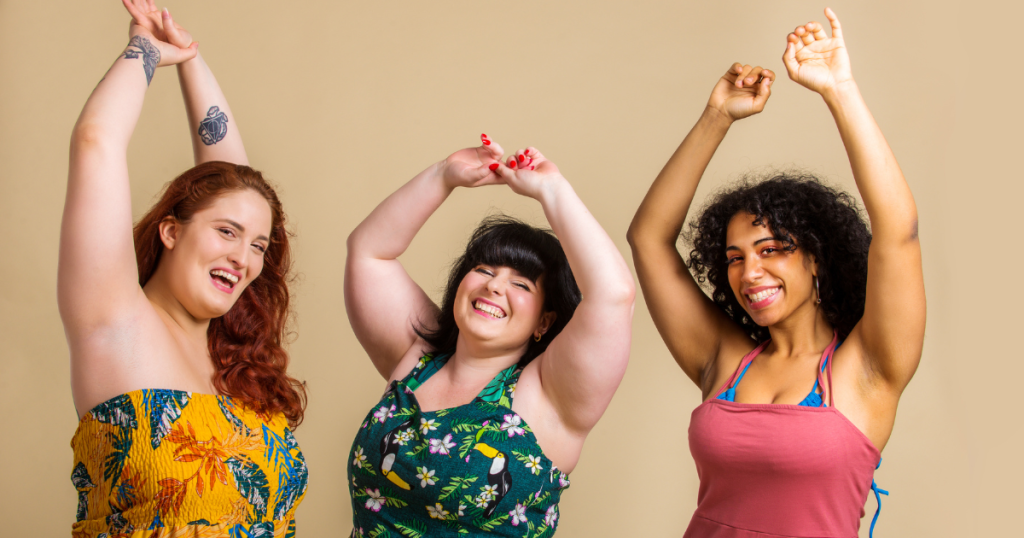
You could choose to start right now. No need to micromanage. Just go step by step.
The goal is not immunity to criticism. It’s about recognizing feelings and working on becoming more resilient to cultural messages and societal toxicity.
Everybody’s experience with improving body image is going to be different.
Accepting “what is” means you’ll have parts of yourself you like, parts you dislike, and parts you feel neutral about.
Improving body image is about divesting worth from appearance. It’s about getting to a place where you know you are intrinsically valuable and worthy.
You stop dwelling on your body because how you look is not the primary way you define yourself.
3. Expect ebbs and flows.
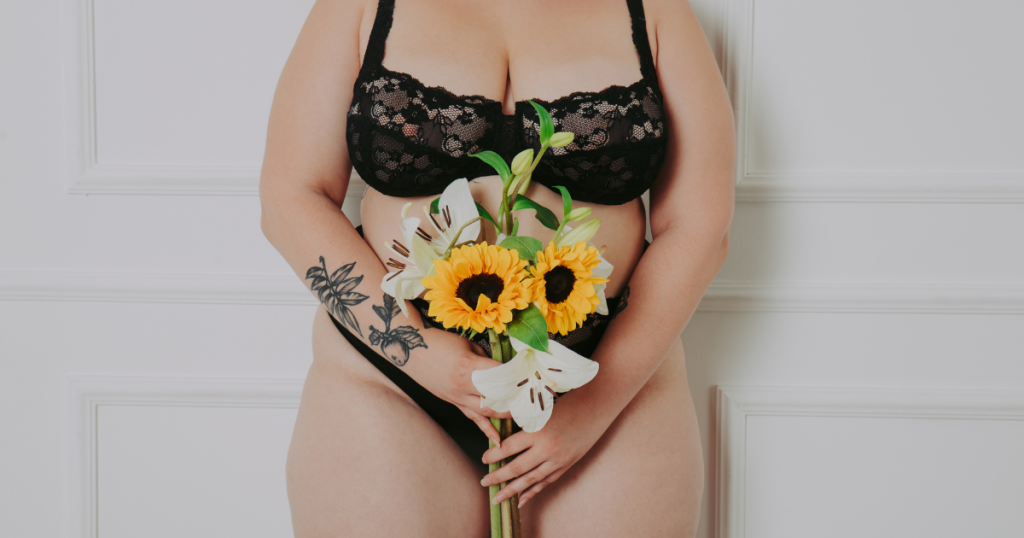
Just as the moon’s phases and the ocean’s tides change, bodies change.
Improved body image means you get up each day and accept what is. You recognize aspects of your body that you weren’t keen about yesterday and that you may feel neutral about today.
On some days, separating your worth from your appearance is easy.
On other days, however, it may be hard to recognize that your value as a human isn’t based on your body.
4. It’s OK to care about how you look.
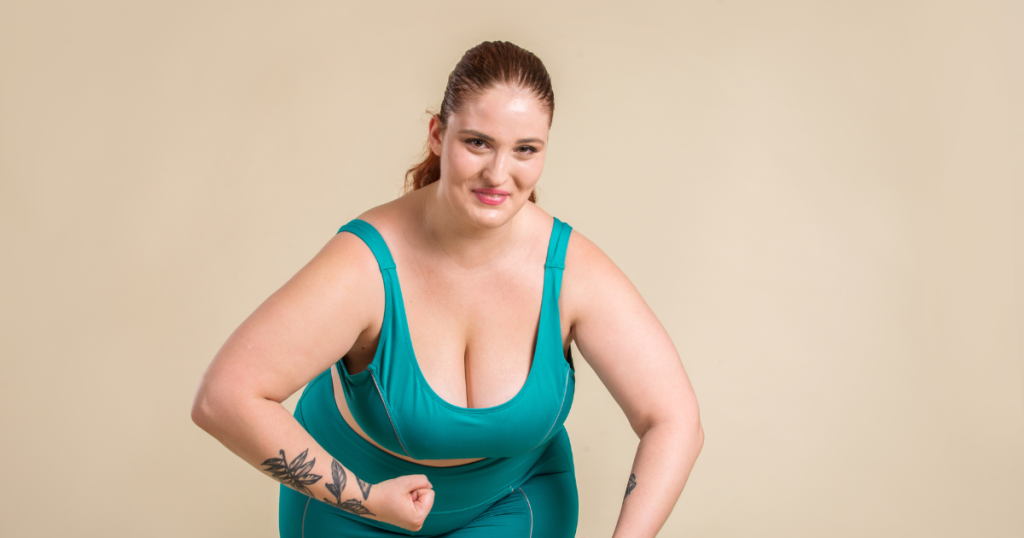
Being human means we want to feel a sense of belonging, which, at one point, was central to survival (and might still be). It’s natural to want to be liked, approved-of, and accepted.
It’s also natural to want to be considered desirable.
Approximating the societal ideal with our bodies is a way to belong, if only because “everyone else” is doing the same thing.
The concern is how narrowly defined “attractiveness” is in our culture and the degree to which it’s based on oppression (see #6).
5. Acknowledge grief, loss, and anger.
Going to all sorts of efforts to have a body defined as the cultural ideal has taken up lots of your time and energy. You know that weight loss is not sustainable And yet, you’ve used up tons of resources going down that rabbit hole, even by thinking “this diet will be different.” (But it never is.)
Give yourself some grace. Allow yourself to feel sadness, anger, or whatever other emotion you feel for what you’ve given up or lost in your socially sanctioned self-improvement attempts (i.e. dieting.)
6. Body image is a social justice issue.
Social oppression is a mixture of sexism, classism, racism, ableism, ageism, heterosexism, and size-discrimination.
All the “‘ism’s” influence body image.
Bodies considered beautiful tend to be thin, white, able-bodied, and young. The message is that “fat and old are bad,” and “thin and young are good.” And that there is nothing in between.
So, if you really boil it down, poor body image is not an individual’s ‘fault’. People have been taught by culture not to accept themselves as they are.
Being able to trust, accept, respect, and be kind to your body – regardless of your weight, skin color, abilities, or age – is your birthright. Western culture disagrees…and profits from your dissatisfaction.
What if, instead of trying to fix yourself to fit into sociocultural standards, you challenged the status quo?
Your body is not the problem. Status quo is.
This article just skims the surface of how to improve body image. That’s for two main reasons.
First, body image is a complex topic. Unpacking it all and doing it justice takes more than a blog article.
Second, as long as Diet Culture exists, so will poor body image.
The social injustice of poor body image doesn’t have to prevent you from accessing your body’s profound wisdom.
You have much more fulfilling ways to live a meaningful life than hating on your body.
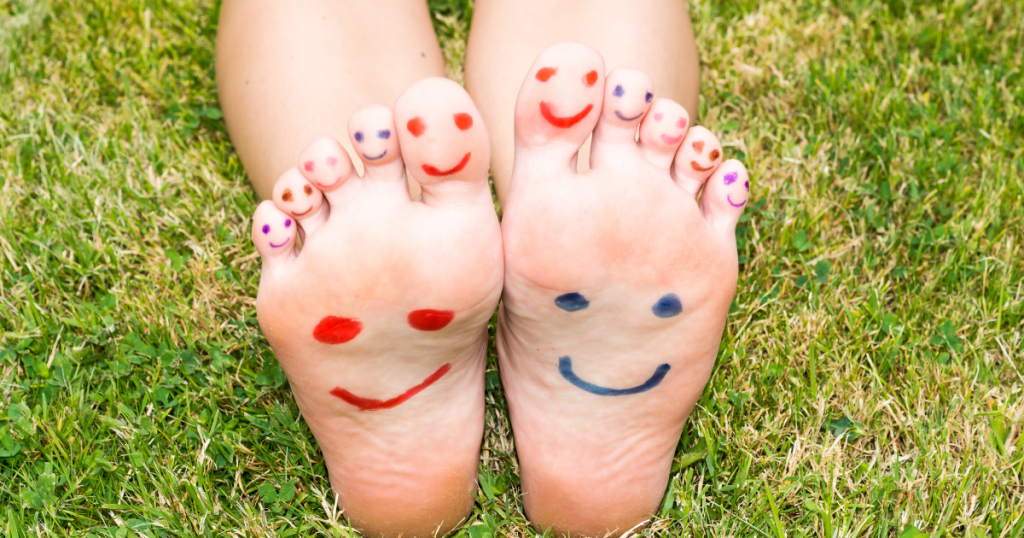
Micromanaging your body = missing out on genuine meaning in your life.
Living fully with and in your body need not be a radical act.
Starting right now.
Dr Elayne Daniels is a psychologist, consultant, and international coach specializing in body image, eating disorder recovery, and High Sensitivity. Her passion is helping people live their best lives in the glorious bodies they already have.
To learn more about how she can help you, contact her here.
